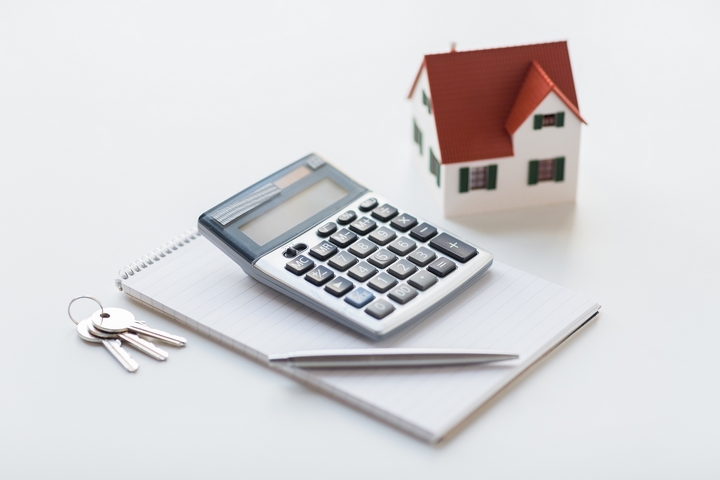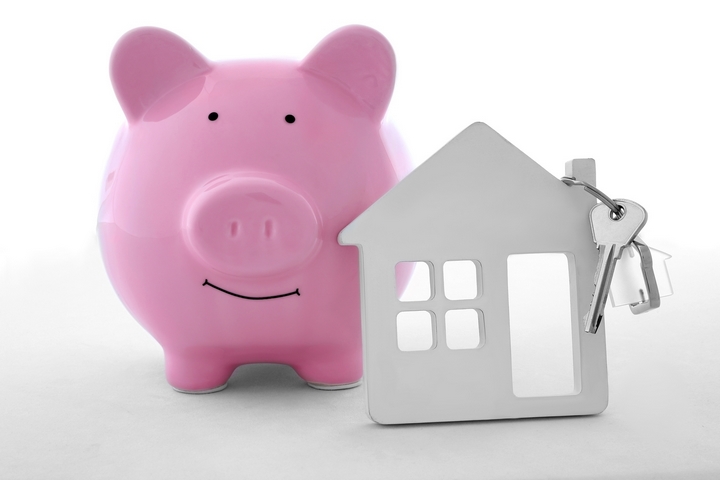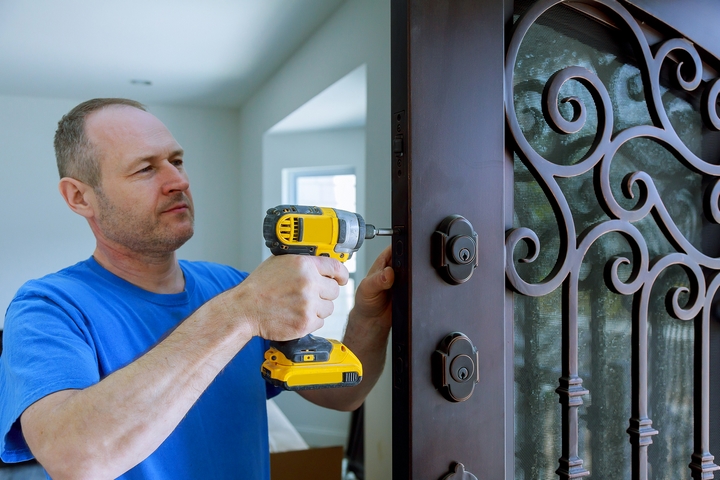More older Canadians are applying for new mortgages, bucking a trend that found new mortgage applications are down across the country. And this is a dangerous trend for the pre-war generation.
According to a new TransUnion study, the number of mortgages issued to Canadians aged 73 to 93 in the first quarter of 2018 was up 63 percent compared to the same time a year ago. The figures are also rising for Baby Boomers – those aged 54 to 72 – which saw an uptick of 16 percent.
The statistics are fascinating, since the nation’s first-time homebuyers, typically the younger generations, like the millennials and Generation Z, are not getting into the market. The same survey noted that mortgage originations among these demographics were down 19 percent.
So, what’s happening? Study authors contend that older Canadians might be borrowing against their home equity or re-mortgaging their house to either support their own lives or younger generations.
The report is also a wakeup call for the millions of Canadians who have yet to pay off their mortgages as retirement looms. Are you stuck? Unsure? Frustrated?
Here are five tips for paying off your mortgage before retirement:
1. Make Additional Mortgage Payments

It might be a few years until you retire, which means you will have very little time to pay off the remaining sum of your mortgage. The simple trick is to ramp up those payments, otherwise, if you maintain the same steady stream of payments, you’ll be stuck with a mortgage in your 60s.
So, how can you make extra mortgage payments in your autumn years?
Here are a few suggestions:
- Adjust your lifestyle to your mortgage needs; quit the gym, forego the luxury car, and eat at home.
- Use your tax refund to pay a big lump sum.
- Transfer every windfall to your mortgage, whether it’s a gift or a pay raise.
- Has your stock exhausted its growth? Cash out and use the profit for your mortgage.
- Rent out a space in your home for easy cash.
2. Old But New? Pick a 15-Year Mortgage

Let’s be honest: most Canadians in their 20s and potentially 30s will be unable to afford a home in Vancouver, Toronto, or Montreal. This means, they’ll be waiting until their 40s or even 50s to acquire property. It’s a sad situation, but that’s the reality of the situation.
So, if you happen to show some gray in your hair when you’re acquiring a house or a condominium, here is some simple advice: Select a 15-year mortgage.
This can be difficult because it raises your monthly mortgage payment, but it does mean you can accelerate your mortgage payments and pay off your home quicker.
3. Know How to Refinance Like a Pro

Some homeowners have a knack of refinancing their mortgage interest rate, while others have a more difficult time. But it’s time that you start refinancing like a pro because it can slash your monthly payment. However, there is one thing that you shouldn’t do and that’s refinancing your mortgage for another 30 years, which can happen when you refinance.
4. Perform a Regular Household Audit

When was the last time you performed a household audit? If never, then you’re wasting your money.
A household audit is when you probe into your home’s consumption habits, from energy to food to infrastructure. For instance, you might have your Internet modem on all night, which is known as phantom energy, something that raises your energy costs. Or, you might be going to the grocery store and buying more than you can eat, which also eats away at your wallet.
If you conduct a similar task, then you can be confident that you’ll have more money at the end of the month, and it can be used for your mortgage.
5. Can You Afford Your Current Home?

Lastly, and it’s something that homeowners of all ages need to ask, especially in today’s market: Can you afford your current home?
It isn’t rare for new homebuyers to immediately be saddled with a monster mortgage. But just because you can get away with a monster mortgage, it doesn’t mean you should lead a miserable life trying to keep up with the monthly mortgage payments.
With retirement only a few years away, you don’t want such a financial responsibility. So, you need to determine if the home you want or possess is worth it. If not, then perhaps you need to think about downsizing or relocating to a different neighbourhood.
Homeownership is becoming increasingly difficult as the years go by. For young people, home prices are too expensive. For older Canadians, debt can make homeownership a headache.
The objective for anyone is to be mortgage-free by the time you hit retirement, so you have more time to fish, hitchhike across Europe, or marathon Turner Classic Movies (TCM).




